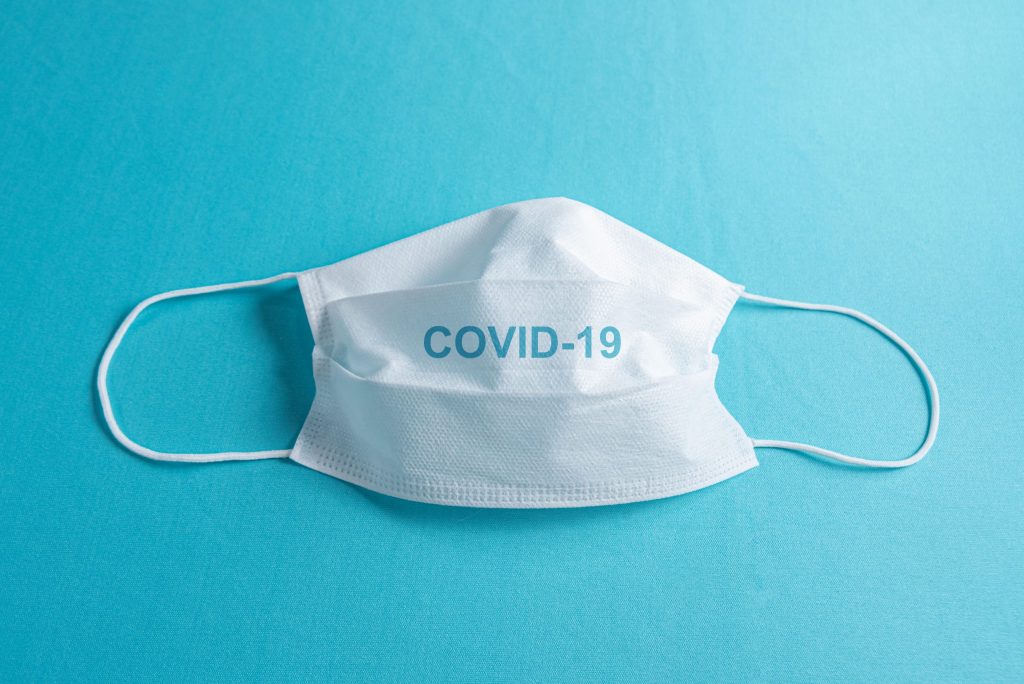
With the news about the spread of COVID-19 coronavirus, it can be difficult not to worry about your own safety. This is especially true for people with type 1 diabetes who already have an increased risk of infections and health problems.
Are diabetics at greater risk for coronavirus?
According to the US Centers for Disease Control and Prevention, people with serious illnesses, including diabetes, have an increased risk of getting more severe COVID-19. According to the International Diabetes Federation, treating a viral infection in patients with diabetes can be more difficult due to fluctuations in blood glucose levels and possible complications of diabetes itself.
“Firstly, the immune system is broken, which makes it difficult to fight the virus and probably leads to a longer recovery period. Secondly, the virus can develop more actively in conditions of increased glucose in the blood, ” experts say. People with type 1 diabetes, when the immune system attacks cells that produce insulin, are at a higher risk of developing diabetic ketoacidosis.
According to the American Diabetes Association, diabetic ketoacidosis can interfere with regulating fluid intake and electrolyte levels, which is an integral part of treating an infection. According to the organization, septic shock and sepsis are serious complications faced by some patients with coronavirus.
How to protect yourself
Regardless of how much your risk is increased, as a person living with diabetes, it is always useful to take precautions to protect yourself from infection and be prepared for emergencies or illnesses.
Take measures to avoid infection.
Protecting yourself and your family from COVID-19 is similar to the steps you must take to avoid exposure to any respiratory illness, and includes measures such as:
- Wash your hands often, especially before and after entering a public place.
- Use hand sanitizer when soap and water are not available.
- Do not touch your mouth, nose or eyes, especially in public.
- Clean regularly with soap and water or with cleaning product surfaces that you often touch.
- Keep your blood sugar in the normal range of reach and pay special attention to diabetes management to keep your immunity strong.
WHO does not recommend the use of face masks for people who are currently not sick. Masks are unlikely to provide greater protection and should be reserved for infected patients to prevent the further spread of the disease.
No matter how bad the current coronavirus pandemic, it is important to remember that the vast majority of infected people recover without incident.
Picture Credit: Freepik